Dhaka, Nov 25 (V7N) – The execution of former Prime Minister Sheikh Hasina’s death sentence faces a major obstacle in India, where she currently resides in self-imposed exile. Once hailed as a secular leader, Hasina later became widely criticized as authoritarian. Following her ouster from power, she sought refuge in India. Bangladesh can only enforce the sentence if India agrees to extradite her.
Hasina was convicted of crimes against humanity in connection with the suppression of student protests in 2024. After 15 years of controversial rule, she left for India in August, amid growing political unrest. Dhaka has officially requested her return, but Hasina maintains that she committed no crimes.
Bangladeshi political scientist Mobashwar Hasan said, “She had to leave the country to escape popular anger. Receiving a death sentence while in hiding in India is an extraordinary and unprecedented development.”
Hasina’s political career reflects a complex narrative of tragedy, exile, and power struggles. She is the eldest daughter of Sheikh Mujibur Rahman, the founding father of Bangladesh, who was assassinated along with her mother and three brothers in a military coup in August 1975. Following the coup, Hasina spent six years in exile in India, where she developed a lasting respect for the country.
She returned to Bangladesh in 1981 and became prime minister for the first time in 1996. Her first action was to initiate legal proceedings against the perpetrators of her family’s assassination. She returned to power in 2008 and remained determined to maintain her political control. Human rights organizations have warned that her government was increasingly authoritarian, citing allegations of political violence, voter intimidation, and harassment of media and opposition parties.
“She has shed blood to retain power,” Hasan said.
The student movement that erupted last year was exceptional. Initially demanding reforms in the quota system, it expanded nationwide to call for resignations. According to the UN Human Rights Office, nearly 1,400 people were killed during the protests. The movement could not be suppressed, and ultimately contributed to the fall of her government.
Following the death sentence, Bangladesh’s Ministry of Foreign Affairs formally requested India for Hasina’s immediate extradition. Indian diplomat Anil Trigunayat expressed doubts over whether Delhi would comply, noting an exception in the India-Bangladesh extradition treaty for “political offenses.” India may refuse extradition if the charges are deemed political in nature.
Trigunayat added that Hasina still has legal recourse in Bangladesh’s Supreme Court or the International Court of Justice in The Hague. “Since all legal remedies are not exhausted, India will not rush to return her,” he said.
The absence of the Awami League creates opportunities for the BNP and smaller parties in upcoming elections, but analysts warn that deep political divisions in Bangladesh are unlikely to resolve quickly.
“Bangladesh is far from reconciliation at this moment,” said Hasan, noting that the Awami League may attempt a political comeback without Sheikh Hasina.
The key question remains: does Hasina’s fall mark the end of a toxic era, or the beginning of prolonged uncertainty in Bangladesh?
END/V7D/SMA/



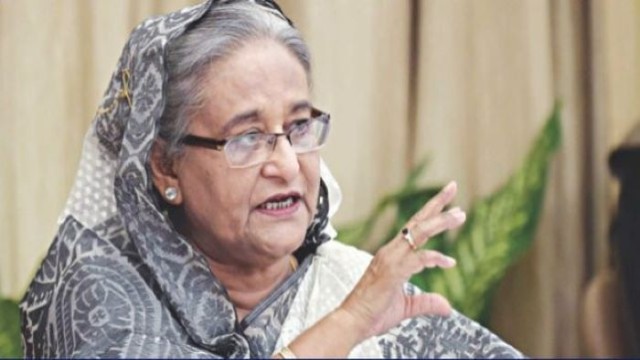
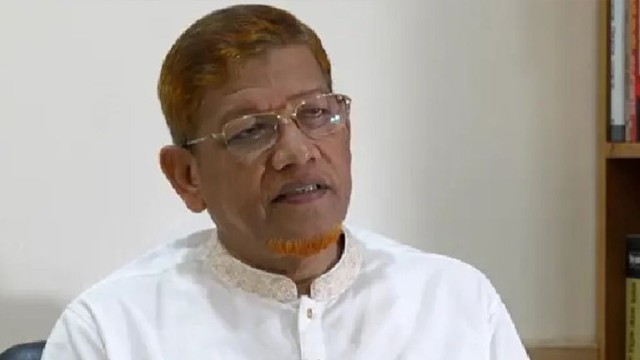
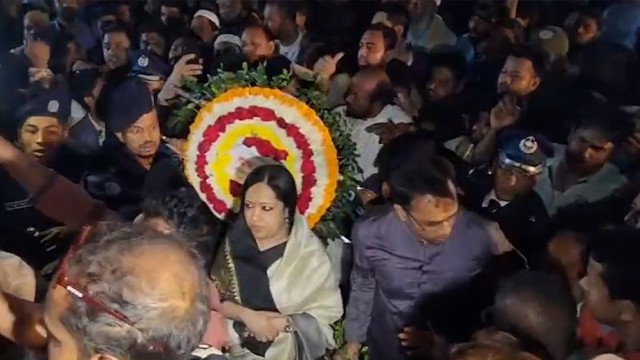
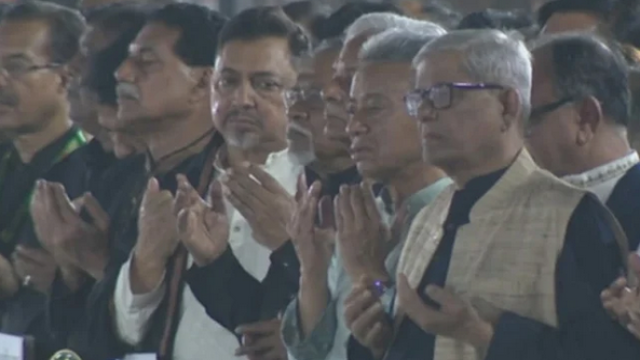

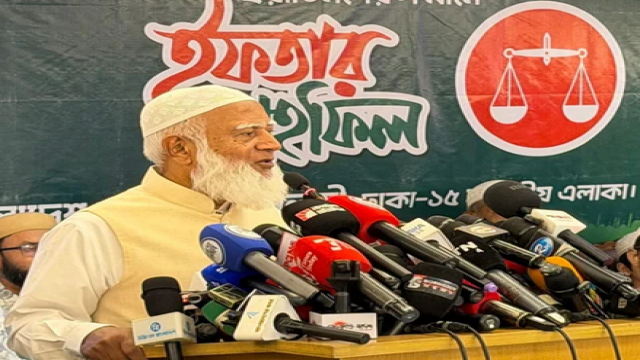

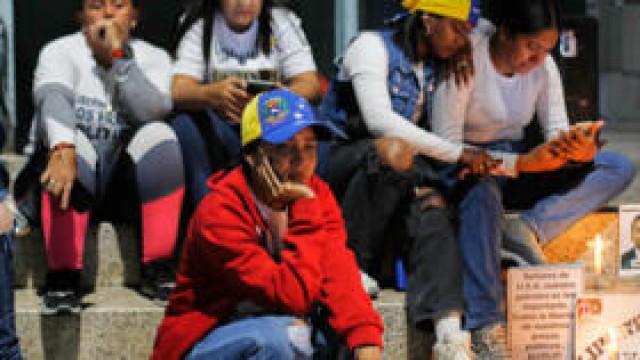
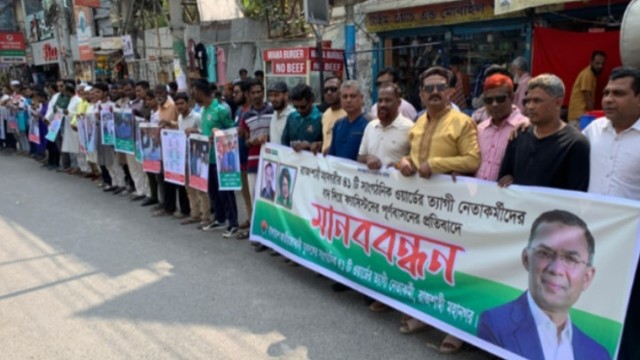
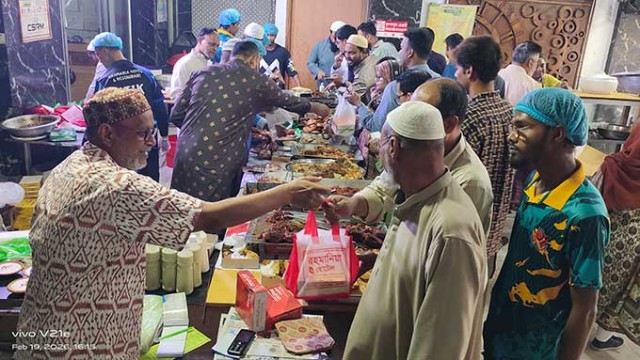
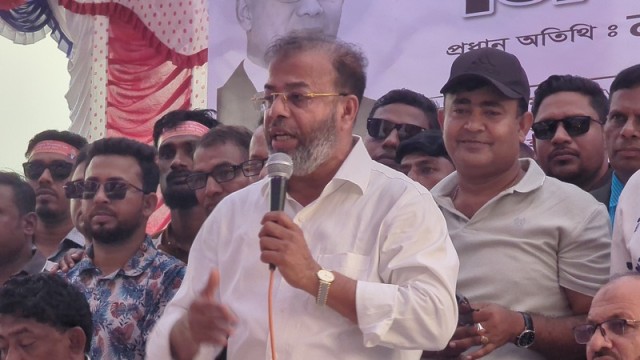

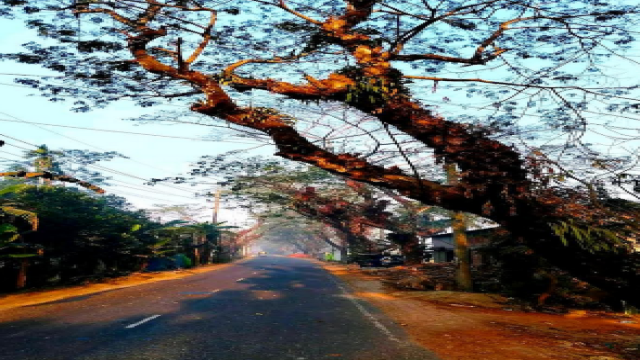
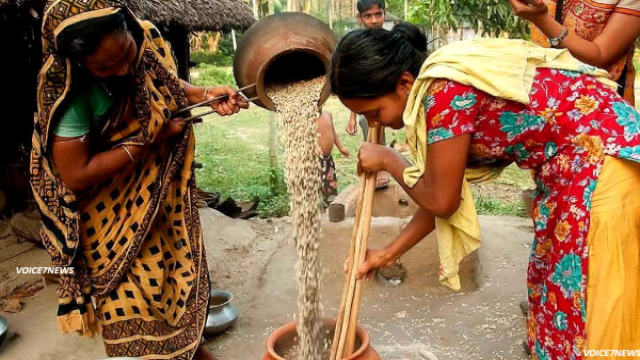


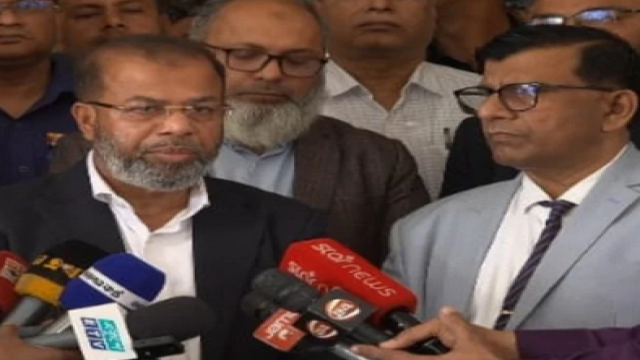











Comment: